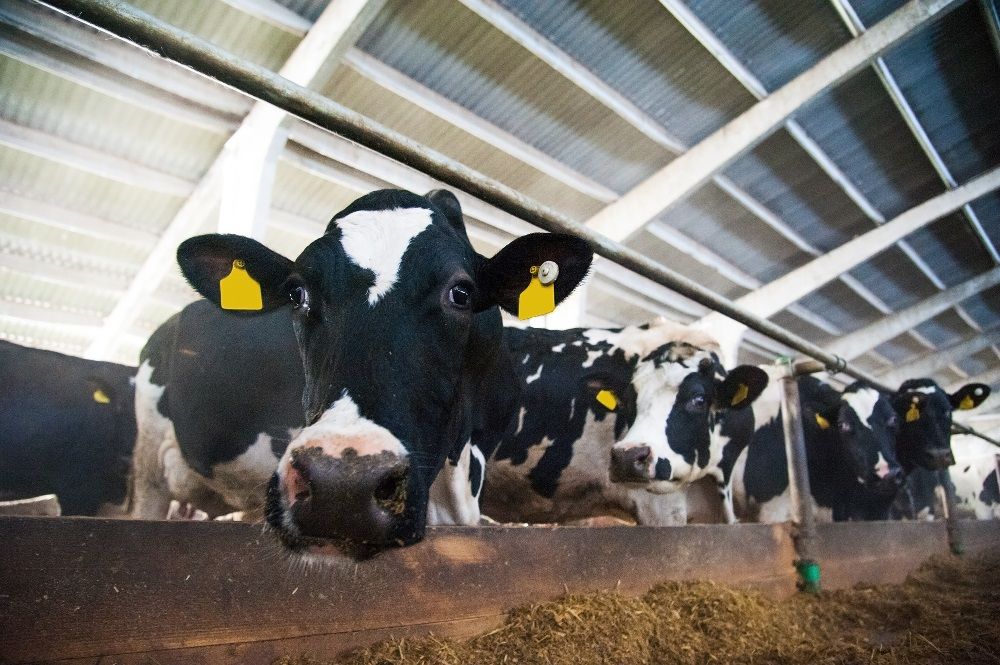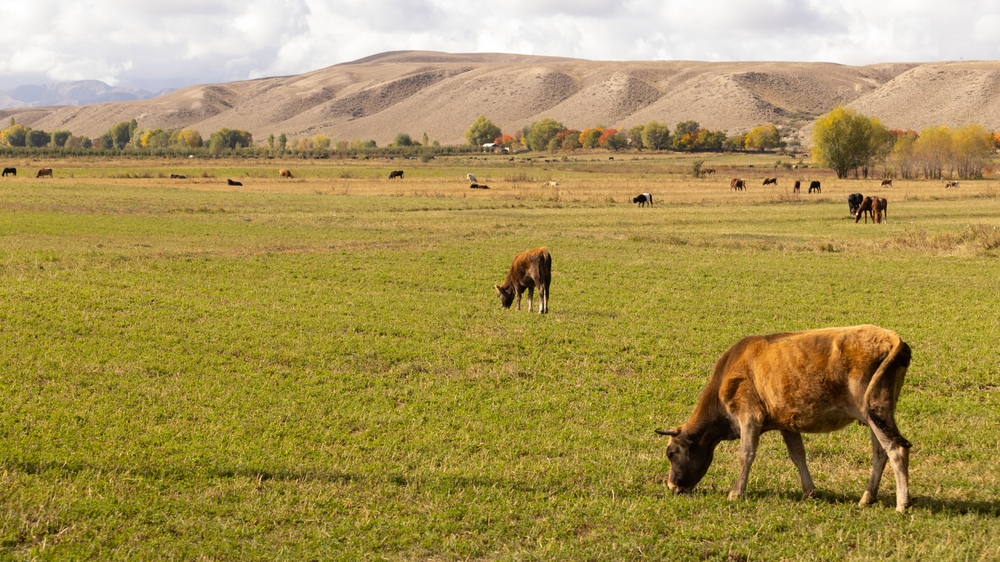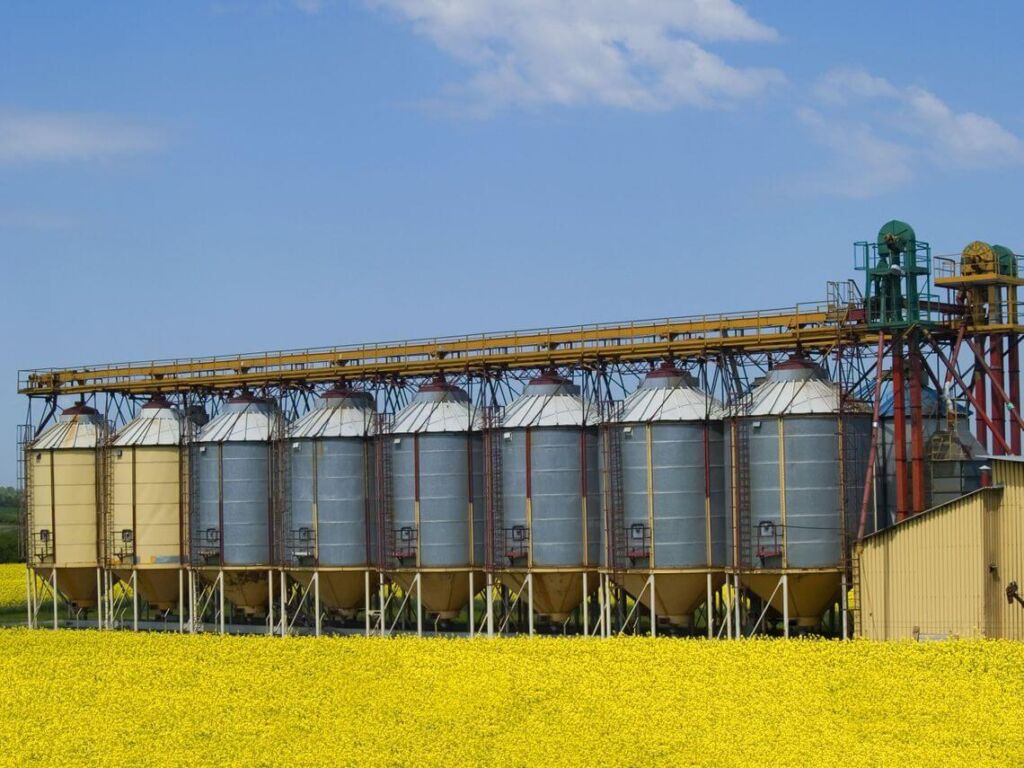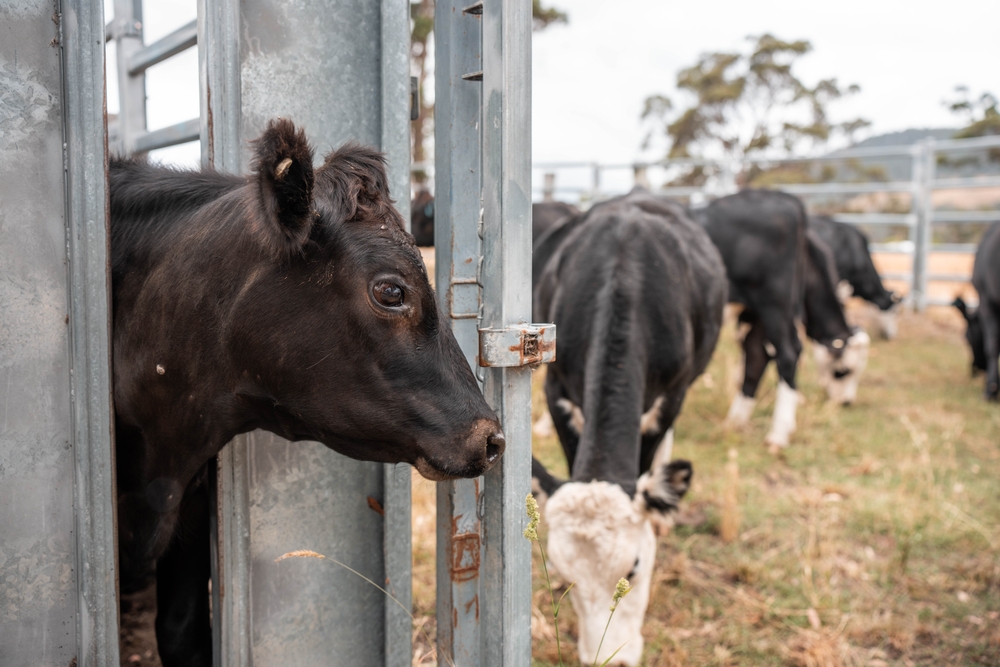Tips for reducing cattle shrink when weighing your livestock
Cattle shrink refers to the weight loss that cattle experience in the critical hours leading up to their being weighed and priced on the market. This weight loss results in a profit loss for livestock producers and is best avoided as much as possible. Here are some tips for minimizing cattle shrink, especially during the weighing process.
Understanding cattle shrink
The weight loss cattle undergo before market time is generally placed in one of two categories:
-
Tissue shrink, which refers to the loss of fluid from body tissues and is mainly caused by stress. It may take cattle 10 to 36 days to recover weight loss caused by tissue shrink.
-
Fill shrink, also called excretory shrink, is the loss of belly fill (food and water). This is caused by decreased food and water intake in the hours before weighing as well as stress.
A study in Iowa involving 4,685 feeder cattle found that cattle purchased from ranchers lost on average 7.2% of their weight due to cattle shrink.
Reducing cattle shrink during the weighing process
Cattle can lose as much as 3% of their weight during the weighing process. Using gentle handling methods for moving and processing cattle can mitigate this issue. One of the main mistakes that livestock producers make during the weighing process is to cram cows and calves into an alley for sorting, inducing stress in the cattle. It’s better to sort cows in a larger pen beforehand, then to process them quickly, without overcrowding them.
Additionally, during this time, avoid yelling or whistling at cattle and using electric prods, whips and dogs.
A well-designed livestock scale that keeps cattle comfortably in place can also make a big difference.
Other factors affecting cattle shrink
Additional causes of cattle shrink include:
Overcrowded trucks
On average, cattle shrink 2% during transport. Overcrowding is a critical factor as it causes stress and occasional injury.
-
Type of feed
Cattle that eat lush green grass prior to market time tend to shrink more compared with cattle that consume dried grass or hay, which is digested more slowly.
-
Time of day
When cattle are weighed early in the morning, they have little to no time to graze. It has been shown that cattle shrink is reduced when cattle have been allowed to graze until mid-morning.
Livestock and industrial scales in Calgary and throughout Alberta
At Accurate/Western Scale Co. Ltd., we can set you up with a livestock or cow and livestock scale designed for easy, stress-free weighing of cattle. Contact us today for further information or for a free quote on a livestock scale in Calgary, Edmonton, Red Deer or elsewhere in Alberta.





